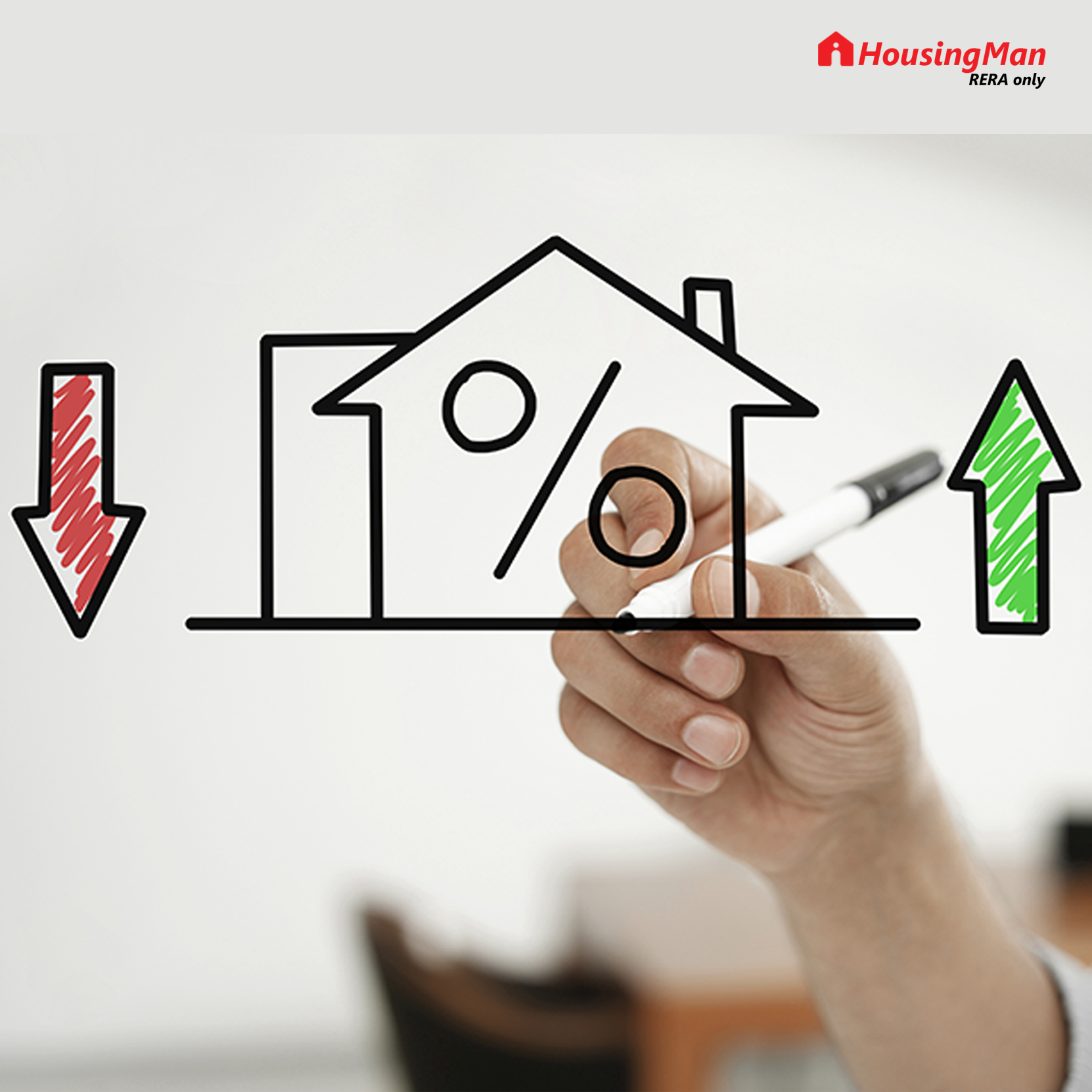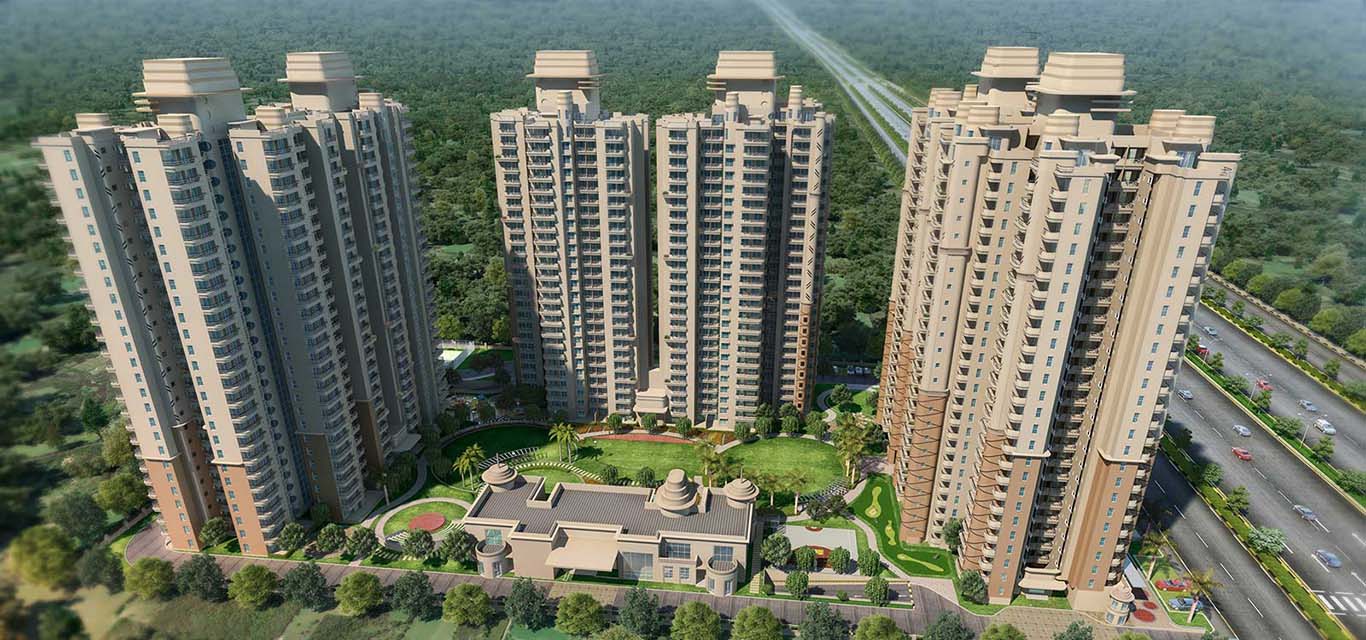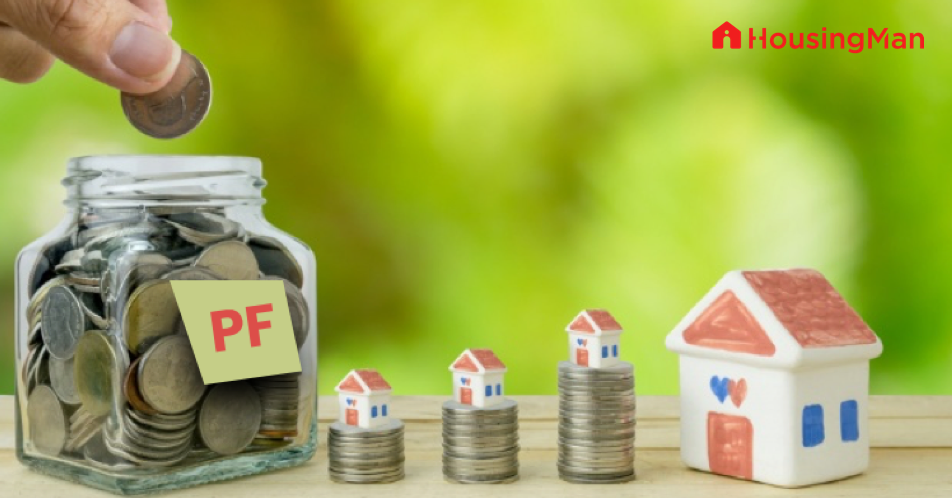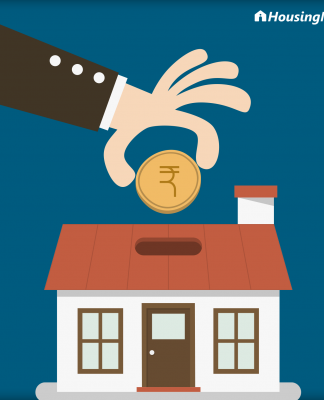GST (Goods and Services Act) is a unified system of charging tax on the goods and services. A number of taxes that were being levied on different overheads have been subsumed into this single window system. After demonetization, it is the next big step that has been taken by the Indian Government to make things easier as well as less confusing. Like all other sectors of Indian Economy, the GST has its own set of implications on the real estate deals too. Here is what buyers and renters can expect to follow, as an impact of GST on real estate.
Impact of GST on real estate buyer – ready-to-move in properties
Those properties that have already availed the completion certificate and are ready-to-move-in would attract higher price. The GST applicable on such property deal is 18%, which is higher than the previous tax slab of 12%. Thus, the buyer would require shelling out more money to buy the same property. As made available to the developers who have projects under construction, the input credit set-off facility is not provided to the developers selling ready-to-move-in units. Thus, there is no scope of passing any benefit to the buyer in such deals. Moreover, the completed units are kept out of the impact of GST. So, net impact of GST on real estate buyer going for completed projects can be seen as increase in price of completed units.
Impact of GST on rentals
GST is going to keep the rented properties untouched from its impact. There will be no increase in rentals of the residential properties put on rent by the owners. However, since no service tax is charged in the current scenario, the introduction of GST on the properties put on rent for accommodation can result in hike in overall rentals of residential properties too. But, this hike is likely to get adjusted due to increase in housing demand. Thus, overall impact on rented housing sector is going to stay marginal or almost nil. The properties put on rent for use as offices, shops and industrial purposes would attract GST of 18%. Thus, there will be rise in the rent of the commercial properties.
Residential properties form an important avenue for investors. If we talk about the buyer sentiment, then it is not going to get affected. The reason is the investor expectations are different; he invests keeping the capital gains in mind and not the rental outcomes. Thus, investors would not be reconsidering their decisions to put money in real estate; moreover, more clarity and transparency due to RERA will also boost their confidence to invest further.
How properties under construction would be affected by GST
Input credit set-off advantage is available for the developers constructing properties for residential purposes. The buyers who book the units under construction can be given the benefit of input credit set-off; moreover, the developers will have to pay the GST of 12% for construction services. This tax slab is lower in total effect than what it used to be earlier. Thus, the buyers booking the property under construction are likely to get benefitted marginally.
Better clarity of taxes – an important impact of GST
As mentioned earlier, the taxes of various kinds and nature are subsumed into a unified entity called GST; it has led to the better clarity in taxation procedures applicable to real estate deals. Here is a list of taxes that a buyer was supposed to pay before GST:
- Fully visible taxes – State VAT and service tax. The home buyers needed to pay these taxes while booking the residential unit. These were clearly stated at the time of agreement to the buyer.
- Invisible taxes – In addition to above two taxes, the CVD, excise duty, CST, SAD, and entry tax were also borne by the buyer, and were included in the base purchase price. However, these taxes were not clearly mentioned in the sale agreement and bought confusion into the price structure of the property.

So, the best impact of implementation of GST is that all these taxes have been subsumed into a single tax, and the buyer now has to worry about paying only a unified tax called GST. Another price component, i.e. the stamp duty is also kept as such, and it has to be borne separately by the buyer. Thus, the final amount payable by the buyer would be purchase price, plus GST, plus stamp duty.
How GST would affect the affordable home buyers
The affordable home sector is exempted from GST. This sector is also not exposed to the liability of service charge. A better clarity is still missing and the sellers getting their projects approved under affordable housing sector are yet to get the final say. Still, looking at the positivity floating around this project, it can be estimated safely that the affordable housing sector will not face any rise in price in the GST regime.
Effect on home loans
Home loan processing fees will attract the GST rate of 18%. This is higher than the previous service charge. Thus, home loans are likely to become more expensive than before. GST cost will be applicable to the buyer and loan liability.
To conclude, GST is certainly a noted cleanser in the string of reforms promoting organized approach introduced by the present Indian Modi Government. The fact that unorganized sector is eating away the potential of real estate in contributing to Indian Economy cannot be ignored. Thus, introduction of an organized way of taxing the real estate deals is a promising way to bring more accountability in such a huge sector. Easing of the taxation process, including the unorganized rental segment into taxation scheme and unifying the whole tax system are some of the pivotal steps that are taken in the direction of bringing modern India at par with the more productive nations of the world.
At HousingMan we bring a unified approach to properties by helping you at each stage of property buying and selling. Be sure of what you pay for and open the doors to your dream home.













